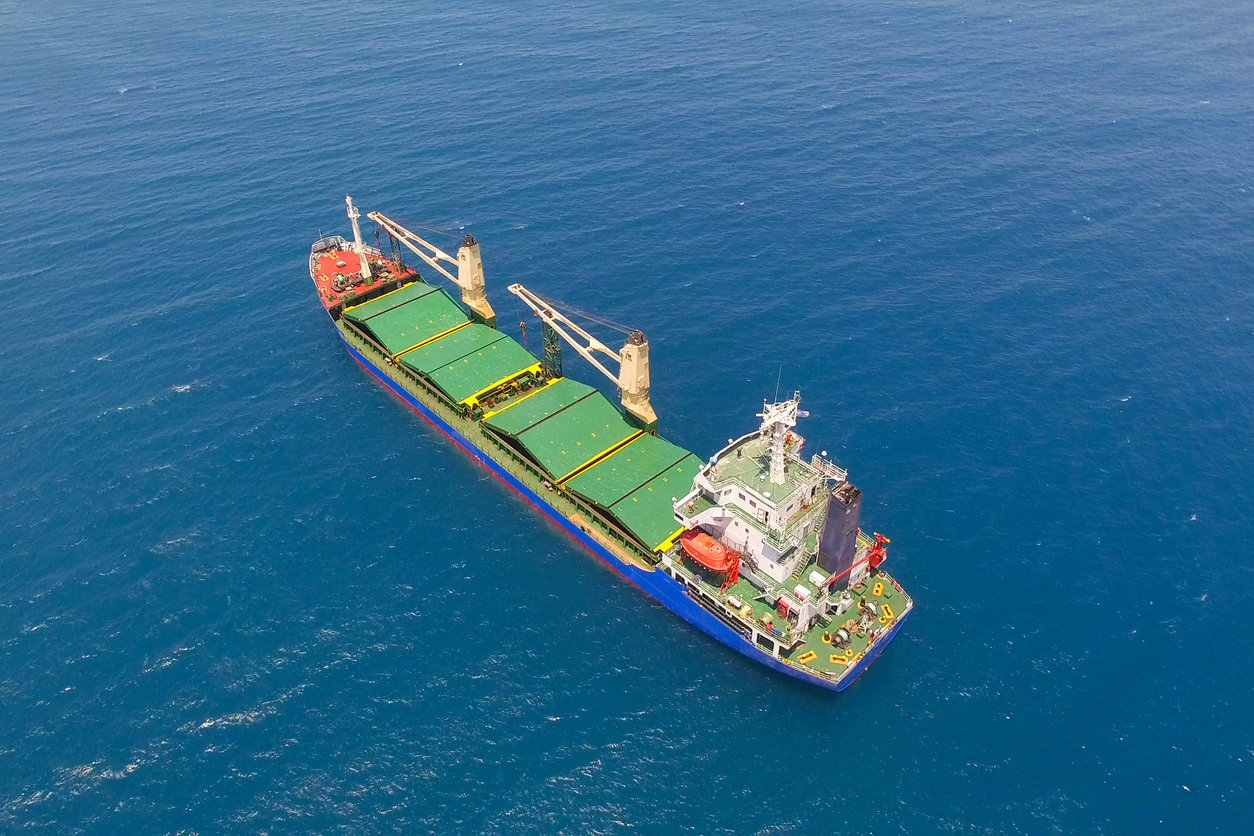Understanding the Dry Bulk Shipping Index and Its Relevance to Nigeria
The dry bulk shipping index, particularly the Baltic Dry Index (BDI), is a key barometer of the global shipping industry, reflecting the cost of transporting bulk commodities such as grains, coal, iron ore, and other raw materials. For Nigeria, an import-dependent and resource-exporting economy, fluctuations in the dry bulk shipping index have significant implications for trade, economic planning, and logistics.
This article explores the concept of the dry bulk shipping index, its impact on Nigeria’s economy, and how businesses can navigate its fluctuations.
What Is the Dry Bulk Shipping Index?
The Baltic Dry Index (BDI), the most widely referenced dry bulk shipping index, tracks freight rates for shipping raw materials across various vessel sizes, including:
- Capesize (large vessels for iron ore and coal)
- Panamax (medium-sized ships for grains and coal)
- Supramax and Handysize (smaller vessels for general and regional trade)
The index is calculated daily and serves as a benchmark for global shipping demand and economic activity.
Relevance of the Dry Bulk Shipping Index to Nigeria
- Impact on Import Costs:
Nigeria imports large quantities of bulk goods, including wheat, rice, and industrial raw materials. A rise in the BDI indicates higher shipping costs, which can increase import prices and inflation. - Influence on Export Revenue:
Nigeria exports bulk commodities such as cement, cocoa, and cashew nuts. Fluctuating shipping rates can affect exporters’ profitability and competitiveness in international markets. - Trade Policy Implications:
Policymakers and businesses in Nigeria monitor the BDI to forecast trade costs, plan budgets, and negotiate freight contracts. - Energy Sector Logistics:
While crude oil isn’t part of the dry bulk market, ancillary materials like coal and other minerals tied to Nigeria’s energy sector rely on bulk shipping.
Current Trends in the Dry Bulk Shipping Market
High Freight Rates Post-COVID:
The COVID-19 pandemic disrupted supply chains, leading to elevated shipping rates. While rates have since stabilized, they remain sensitive to global demand and geopolitical events.
Geopolitical Tensions:
Conflicts and trade barriers can shift shipping routes and availability, directly affecting costs for Nigerian businesses reliant on imports or exports.
Green Shipping Transition:
Efforts to reduce carbon emissions in maritime transport could lead to increased costs, as shipping lines invest in cleaner technologies.
Challenges for Nigeria’s Dry Bulk Shipping Sector
- Infrastructure Deficits:
Limited port facilities and inefficiencies at major Nigerian ports like Apapa and Tin Can Island exacerbate shipping delays and costs. - Currency Fluctuations:
The volatility of the naira can make freight rate payments in foreign currencies more expensive for Nigerian businesses. - Piracy Risks:
The Gulf of Guinea has been a hotspot for piracy, raising insurance and freight costs for bulk carriers operating in Nigerian waters. - Regulatory Bottlenecks:
Complex customs procedures and inconsistent regulatory frameworks can disrupt shipping timelines.
How Wigmore Trading Helps Businesses Manage Shipping Costs
Wigmore Trading provides tailored logistics solutions to help Nigerian businesses navigate the complexities of dry bulk shipping. Our services include:
- Freight Rate Negotiation: Leveraging our expertise to secure competitive rates for bulk shipments.
- Port and Customs Efficiency: Ensuring swift clearance and efficient handling of bulk goods at Nigerian ports.
- Supply Chain Optimization: Streamlining logistics to reduce overall shipping costs and improve delivery timelines.
- Market Insights: Offering real-time updates on shipping trends and BDI fluctuations to support strategic planning.
Strategies for Navigating Dry Bulk Shipping Fluctuations in Nigeria
- Long-Term Freight Contracts:
Locking in rates during periods of stability can shield businesses from sudden market surges. - Diversification of Suppliers:
Sourcing from multiple regions can mitigate risks associated with regional shipping disruptions. - Efficient Port Operations:
Partnering with logistics experts like Wigmore Trading ensures that delays and demurrage costs are minimized. - Leveraging Regional Trade:
The African Continental Free Trade Area (AfCFTA) offers opportunities for more cost-effective regional bulk trade.
Future Prospects for Dry Bulk Shipping in Nigeria
- Improved Port Infrastructure:
Investments in deep-sea ports like the Lekki Port will enhance Nigeria’s bulk shipping capacity and efficiency. - Digitalization:
Technology-driven solutions, such as e-customs platforms, could reduce port delays and costs. - Growing Regional Trade:
Nigeria’s position in West Africa makes it a potential hub for dry bulk shipping within the region.
Conclusion
The dry bulk shipping index plays a critical role in Nigeria’s trade dynamics, influencing costs for both imports and exports. Businesses must remain agile, monitoring global shipping trends and adapting their logistics strategies to mitigate costs.
Wigmore Trading is your partner in navigating these challenges. Contact us today to learn how we can help optimize your supply chain and reduce shipping costs.








Comments are closed.